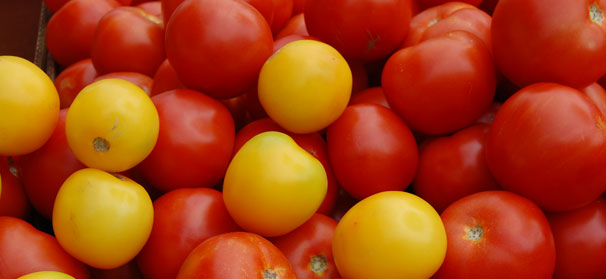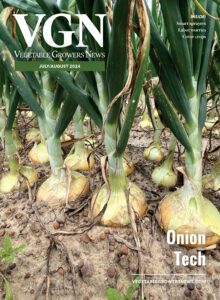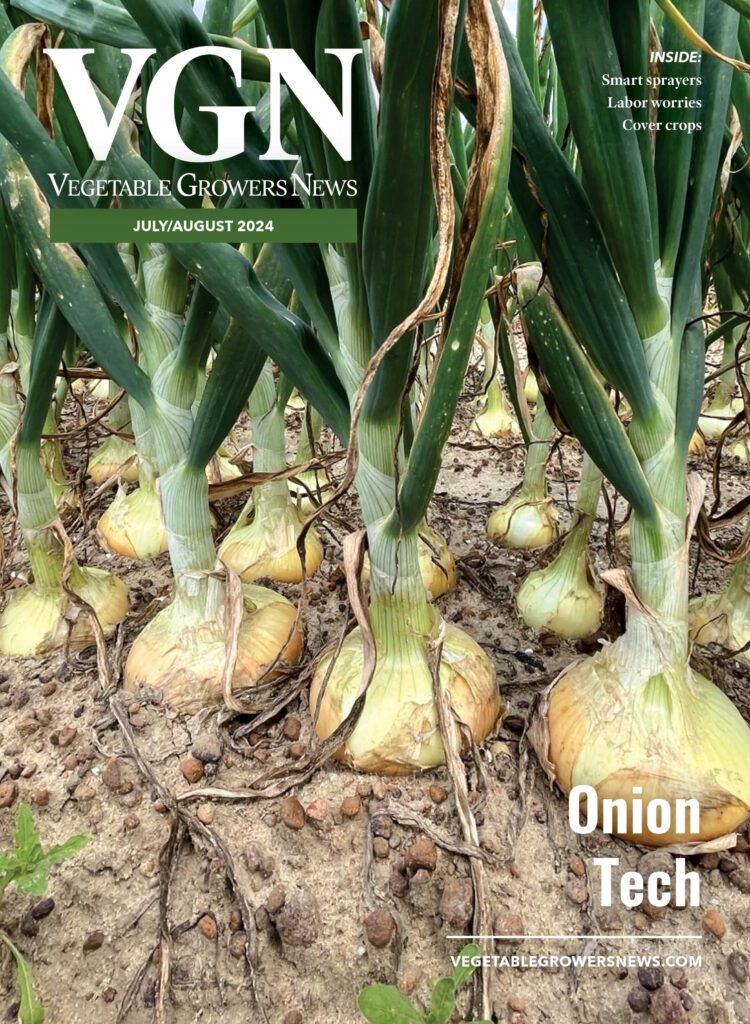
Nov 19, 2012Tomatoes at the center of growing trade dispute
The 1996 tomato suspension agreement between the United States and Mexico is at the center of a growing trade dispute between the two counties. The agreement has governed the price of tomatoes imported from Mexico into the United States, but not everyone viewed the agreement as fair.
“It was basically a dumping license,” said Reggie Brown, executive director of the Florida Tomato Exchange (FTE). “It adversely affects the price U.S. tomato growers get for their crops.”
On behalf of U.S. growers, Brown and FTE recently pushed the U.S. Department of Commerce (DoC) to terminate the suspension agreement. DoC issued a preliminary ruling Sept. 27 to terminate, then offered a 15-day comment period. A final ruling could come as early as December, Brown said.
If made final, the end of the suspension agreement would make the tomato market a free-trade market, meaning there would be no price restrictions on Mexican tomatoes. But Mexican tomatoes would be open to excise trade laws, meaning there could be no dumping of excess crops into the market, according to DoC.
The agreement allowed Mexico to export tomatoes into the United States at an unregulated amount and drop the prices growers everywhere could get for their tomatoes, Brown said.
In a statement, Mexico’s ambassador to the United States, Auturo Sarukhan, said this issue could ignite a trade war between the two countries, and he urged DoC to look at possible compromises. To fail to do so would invite a response along the lines of the recent trucking dispute that led to tariffs against U.S. produce, he said.
Another release issued by Del Campo Supreme, a Mexican tomato exporter with U.S. offices in Nogales, Ariz., said representatives of Mexican growers met with DoC officials in October and proposed an increase on the price of Mexican tomatoes coming into the United States of 18 percent to 25 percent, depending on variety.
“Most growers here support the domestic position in exiting the dumping agreement,” Brown said.
New California greenhouse tomato standards proposed
Certified Greenhouse Farmers (CGF), a trade association of greenhouse growers based in Ventura, Calif., presented a recommendation to the California Department of Food and Agriculture (CDFA) on Oct. 9 that would clarify the state’s definition of greenhouse-grown tomatoes.
According to a press release, this is CGF’s proposed definition:
“Tomatoes labeled with the term ‘greenhouse grown’ shall be considered mislabeled unless tomatoes are grown in a fully enclosed permanent aluminum or fixed-steel structure clad in glass or impermeable plastic using automated irrigation and climate control, including heating and ventilation capabilities, in an artificial medium that substitutes for soil using hydroponic methods.”
The current definition, written in 2004, says: “Tomatoes labeled with the term ‘greenhouse grown’ shall be considered mislabeled unless tomatoes are grown in a fixed steel structure using irrigation and climate control, in an artificial medium that substitutes for soil.”
Several growers, as well as CGF president Ed Beckman, testified before CDFA in favor of the new definition. Ultimately, the goal is to have it adopted nationally, according to CGF’s press release.
If adopted, the new definition could affect the status of imported Mexican greenhouse tomatoes.
According to USDA trade statistics, imported Mexican greenhouse tomatoes have increased dramatically since 2007. There has been a 71 percent increase in the amount of tomatoes imported into the United States since 2007. Of that, almost 40 percent were labeled as greenhouse-grown, an increase of 15 percent.
By Derrek Sigler, Assistant Editor














